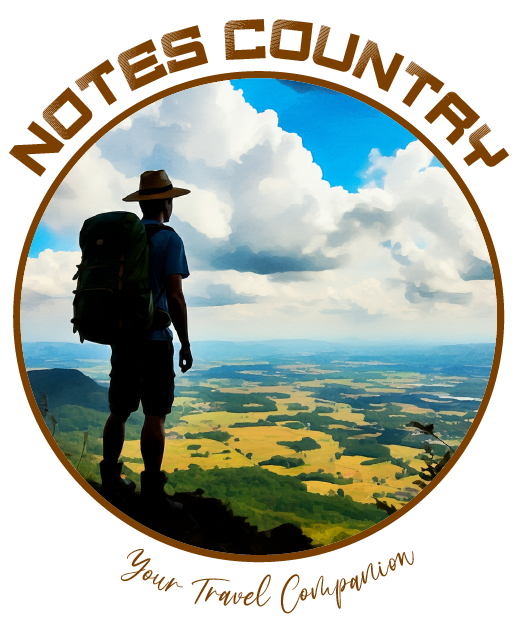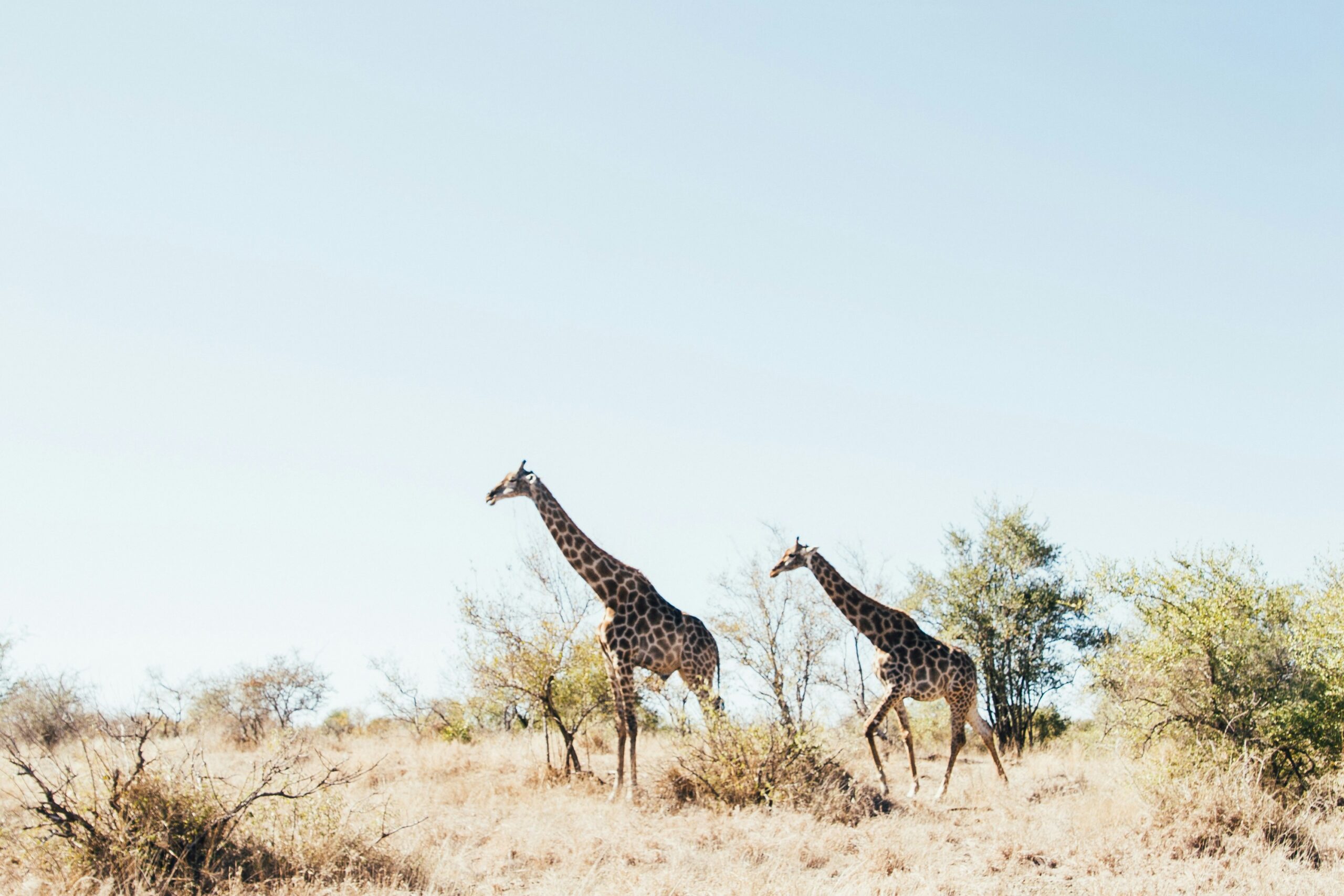South Africa offers a diverse range of landscapes, cultures, and activities for tourists. Here are some of the most popular cities and regions:
Cape Town
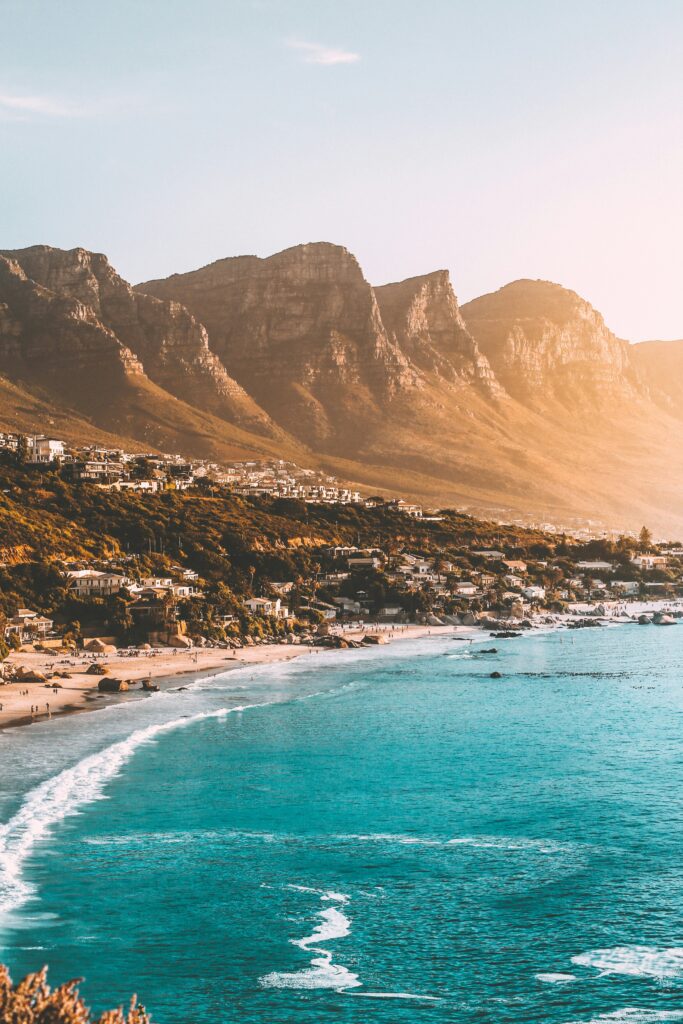
- Table Mountain: A flat-topped mountain that dominates the city skyline.
- Cape of Good Hope: The southwesternmost point of Africa, offering stunning coastal views.
- Robben Island: A historic island that served as a prison for Nelson Mandela.
- V&A Waterfront: A vibrant waterfront area with shops, restaurants, and entertainment.
- Kirstenbosch National Botanical Garden: A botanical garden with a diverse collection of plants.
Kruger National Park
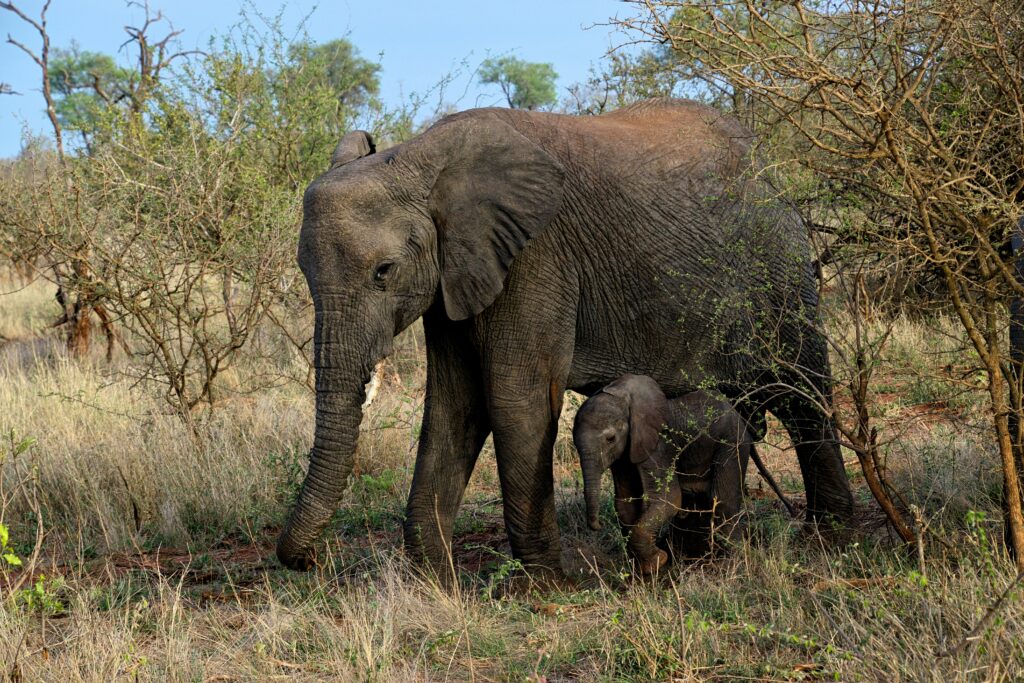
- Wildlife safaris: Opportunities to see lions, elephants, leopards, and other African wildlife.
- Game drives: Guided tours through the park in open-sided vehicles.
- Bush walks: Guided walking safaris for a more intimate experience with nature.
- Camping: Camping grounds offer the opportunity to experience the bush up close.
Garden Route
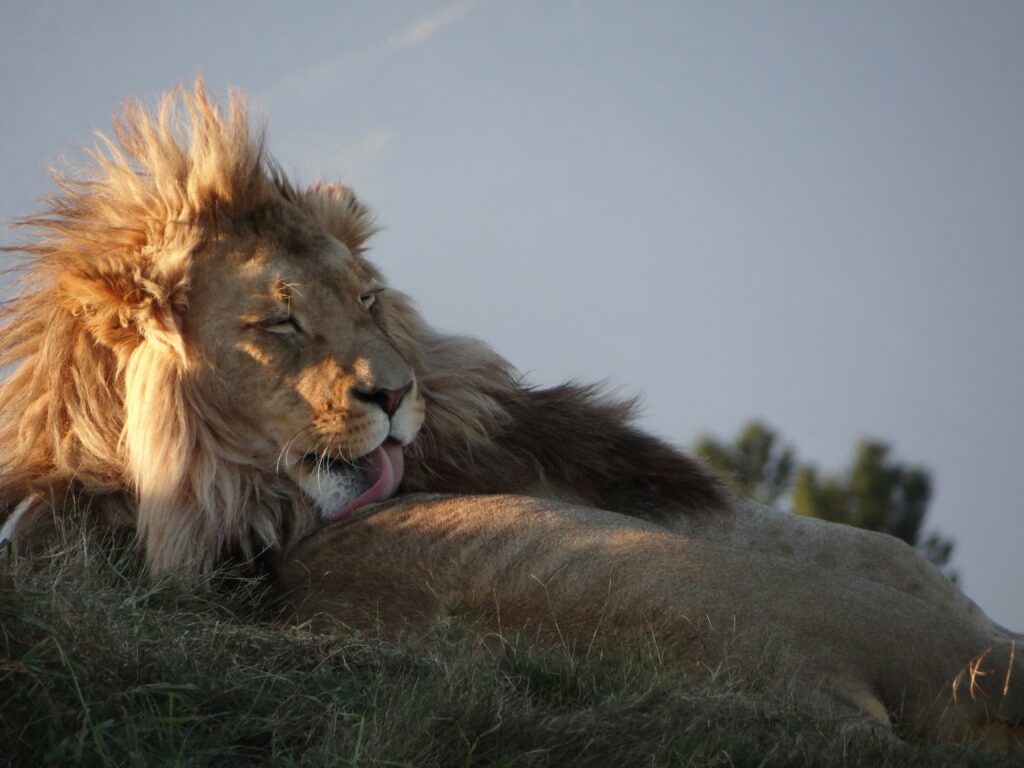
- Scenic coastline: Beautiful beaches, forests, and mountains along the coast.
- Knysna: A charming coastal town with a lagoon and estuary.
- Plettenberg Bay: A popular beach town with surfing, sailing, and whale watching.
- Tsitsikamma National Park: A national park with hiking trails, forests, and beaches.
Johannesburg
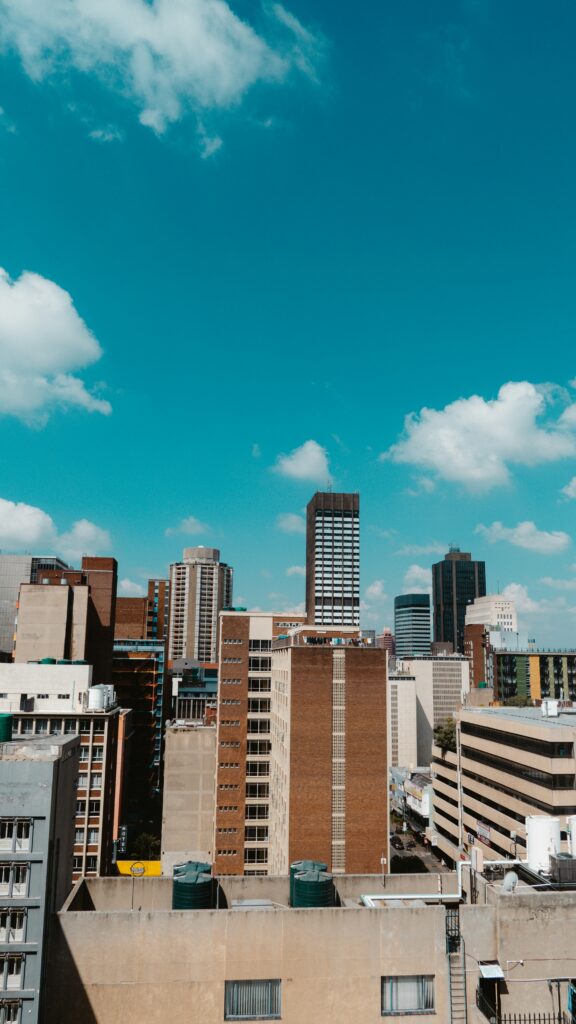
- Apartheid Museum: A museum dedicated to the history of apartheid in South Africa.
- Gold Reef City: A theme park based on the gold mining industry.
- Soweto: A township with historical significance and vibrant culture.
- Johannesburg Botanical Gardens: A beautiful botanical garden with a variety of plant species.
KwaZulu-Natal
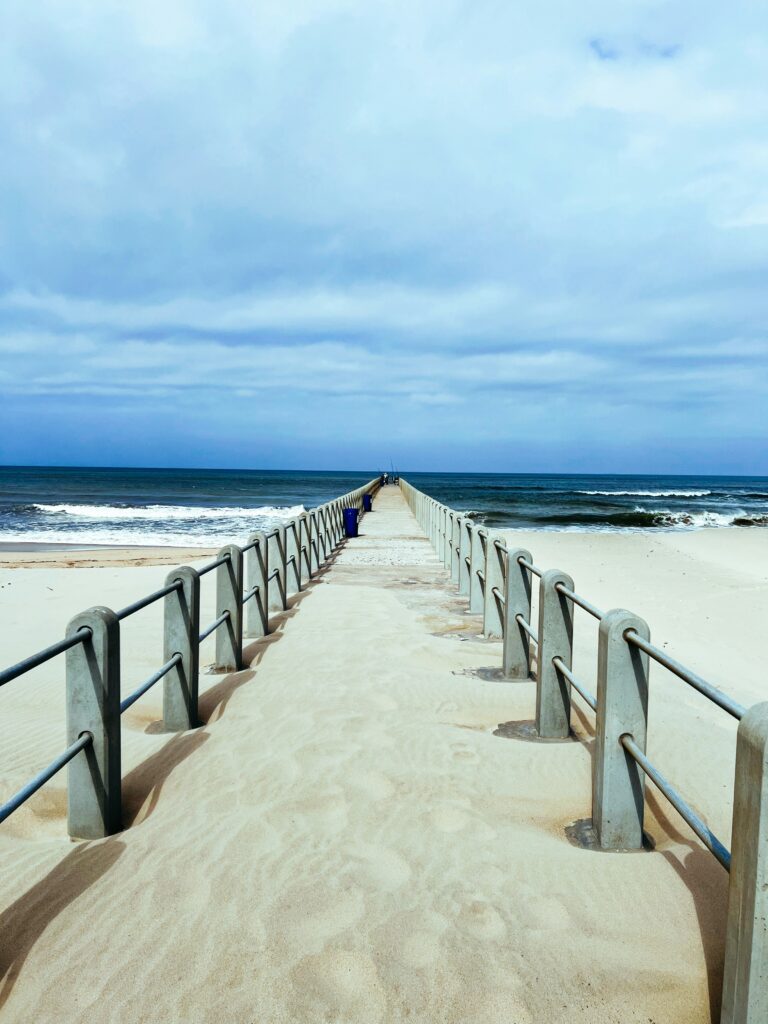
- Durban: A coastal city with beaches, surfing, and Zulu culture.
- uShaka Marine World: A marine theme park with aquariums, dolphin shows, and water rides.
- Hluhluwe-Umfolozi Game Reserve: A game reserve with a high concentration of rhinos.
- Zululand: A region with Zulu culture, including traditional villages and ceremonies.
These are just a few of the many tourist destinations in South Africa. The country offers a wide range of experiences, from wildlife safaris and beach vacations to cultural exploration and historical sites.
For a trip to South Africa, you’ll want to prepare well in advance to ensure a safe, enjoyable, and memorable experience. Here is an expanded guide to help you with your planning:
1. Travel Documents
- Visa: Many nationalities, including citizens of the US, UK, EU, and some other countries, do not need a visa for stays of up to 90 days. Check visa requirements for your specific nationality on the South African Department of Home Affairs website.
- Passport: Your passport must be valid for at least six months beyond your intended departure date from South Africa and should have at least two blank pages for stamps.
- Travel Insurance: Comprehensive travel insurance is recommended, covering medical emergencies, trip cancellations, theft, and loss of personal belongings. Medical evacuation is particularly important if you plan on visiting remote areas.
2. Entry Requirements
- COVID-19: While most COVID-19 restrictions have been lifted, it’s best to confirm any vaccination or testing requirements before your trip. Regulations may vary based on your country of departure.
- Yellow Fever: South Africa requires proof of yellow fever vaccination if you’re arriving from a country where yellow fever is prevalent. Carry your yellow fever vaccination certificate if applicable.
3. Health Conditions
- Vaccinations: It is advised to be up-to-date on routine vaccines like hepatitis A, hepatitis B, typhoid, and tetanus. If you’re planning to visit rural or wildlife areas, you may also need malaria prophylaxis, especially in parts of northeastern South Africa.
- Malaria: Malaria is present in some parts of the country, particularly in the northeastern regions, including Kruger National Park. Consult your doctor for anti-malarial medication if you plan to visit these areas.
- Water Safety: Tap water is generally safe to drink in major cities like Cape Town, Johannesburg, and Durban. However, in rural or remote areas, stick to bottled water to be safe.
4. Currency and Payment Methods
- Local Currency: The currency in South Africa is the South African Rand (ZAR). ATMs are widely available in cities and towns. It’s a good idea to carry some cash, especially for small towns or markets where cards may not be accepted.
- Credit Cards: Credit and debit cards (Visa and Mastercard) are widely accepted in hotels, restaurants, and shops. American Express and Diners Club cards may not be as widely accepted. Contactless payment options like Apple Pay and Google Pay are increasingly available in major cities.
5. Language and Culture
- Local Languages: South Africa has 11 official languages, with English being widely spoken, especially in urban and tourist areas. Afrikaans and local languages like Zulu and Xhosa are also commonly spoken.
- Culture and Customs: South Africa is a diverse country with rich cultural traditions. Be respectful of local customs and etiquette. Modest clothing is appropriate when visiting rural areas, churches, or cultural sites. Be mindful of sensitive topics such as politics, apartheid, and racial issues when engaging in conversations with locals.
6. Safety
- Crime: While South Africa is an incredible country to visit, it is important to be mindful of safety. Crime rates can be high in some areas, particularly in larger cities. Avoid walking alone at night, especially in isolated areas. Stick to well-lit, busy streets, and use reputable taxis or ride-sharing services like Uber.
- Scams and Fraud: Be cautious when using ATMs and avoid carrying large amounts of cash. Credit card fraud can happen, so use ATMs inside banks and avoid giving your card to anyone to process payments out of your sight. Avoid unsolicited offers for tours or activities.
- Wildlife Safety: If visiting national parks or game reserves, always follow safety guidelines for wildlife viewing. Never approach animals on foot, and always stay in your vehicle during self-guided safaris.
7. Weather and Clothing
- Seasons: South Africa experiences opposite seasons to the Northern Hemisphere. Summer (November to February) can be hot, particularly in inland areas, while winter (June to August) is mild to cold. The coastal areas have more moderate weather year-round. Cape Town experiences a Mediterranean climate with rainy winters and dry summers, while Johannesburg is known for its sunny winter days and occasional thunderstorms in summer.
- Clothing: Pack according to the season and your planned activities. Lightweight and breathable clothing is ideal for summer. A hat, sunscreen, and sunglasses are essential for protection against the strong sun. In winter, especially in higher altitudes, bring layers and warmer clothing, as it can get quite cold at night. If you’re going on safari, neutral-colored clothing like beige, khaki, and olive green is recommended to blend in with the environment.
8. Transportation
- Public Transport: South Africa has a variety of public transport options, but safety and reliability vary. In major cities, Uber and taxis are widely available and safe. For long-distance travel, consider domestic flights or long-distance buses. The Gautrain is a fast, reliable train service between Johannesburg, Pretoria, and the O.R. Tambo International Airport.
- Driving: If you plan to rent a car, remember that South Africans drive on the left-hand side of the road. Roads are generally in good condition in urban areas, but rural roads can be less maintained. Be cautious of reckless drivers, pedestrians, and animals on the road. An international driving permit is recommended but not always required if you have a valid license in English.
- Domestic Flights: Given the size of South Africa, flying is often the most convenient option for long-distance travel, especially between cities like Johannesburg, Cape Town, and Durban. Domestic airlines like South African Airways, Mango, and Kulula offer frequent flights.
9. Accommodation
- Hotels and Lodges: South Africa has a wide range of accommodation options, from budget backpackers and guesthouses to luxurious lodges and boutique hotels. In rural areas, particularly near game reserves or in wine country, you’ll find unique lodges and farm stays. In big cities like Cape Town and Johannesburg, international hotel chains are common.
- Game Lodges: If you’re planning to visit a game reserve, staying at a safari lodge can be a highlight. These lodges range from basic tented camps to luxury resorts offering all-inclusive experiences with guided game drives. Book well in advance, especially during peak seasons (May to September for safaris).
- Local Standards: While most accommodations provide modern amenities, some remote or rural locations may have limited access to things like Wi-Fi, reliable electricity, or hot water.
10. Emergency Numbers
- Embassies: Note the contact information for your country’s embassy or consulate in South Africa. Most are located in Pretoria (the administrative capital) or Cape Town.
- Emergency Numbers:
- Police: 10111
- Ambulance/Fire: 10177
- Nationwide emergency number: 112 (works on mobile phones)
11. Internet and Telephony
- Local SIM Card: Purchasing a local SIM card is easy and recommended for staying connected. Vodacom, MTN, and Cell C are the main service providers, offering affordable prepaid plans with data, which can be purchased at the airport or in major cities.
- Wi-Fi: Wi-Fi is widely available in most hotels, cafés, and restaurants, especially in urban areas. In rural areas, access may be slower or less reliable, so plan accordingly if you need constant connectivity.
- Electrical Adapters: South Africa uses a unique plug type (Type M), but Type C plugs are also used. It’s a good idea to bring a universal travel adapter if your devices use a different plug type.
12. Working Hours and Public Holidays
- Business Hours: Most shops are open from 9 a.m. to 5 p.m., with extended hours in malls. Banks generally operate from 9 a.m. to 3:30 p.m. on weekdays, with limited hours on Saturdays. On Sundays, many businesses in smaller towns may be closed.
- Public Holidays: Be aware of South Africa’s public holidays, as some businesses, government offices, and tourist sites may be closed. Major holidays include Freedom Day (April 27), Youth Day (June 16), and Heritage Day (September 24).
13. Tipping
- Tipping is customary in South Africa. In restaurants, it’s typical to leave a tip of 10–15%. Porters, taxi drivers, and hotel staff also expect small tips. For guides and rangers on safari, a tip is usually appreciated at the end of your stay or activity.
14. Cultural and Social Connections
- South Africa is known as the “Rainbow Nation” because of its diverse cultures, languages, and traditions. Be open to learning about and respecting this diversity. Interactions with locals are generally warm and friendly, but be mindful of sensitive social topics, such as race relations and the legacy of apartheid.
15. Healthcare and Emergencies
- Pharmacies: Pharmacies are common in cities and towns, and many medications are available over-the-counter. In remote areas, access to pharmacies may be limited, so bring any essential medications with you.
- Private Healthcare: South Africa has excellent private healthcare, particularly in cities like Johannesburg, Cape Town, and Durban. Public healthcare is available but may not meet the standards you are used to. Having travel insurance that covers medical expenses and repatriation is essential.
By following these guidelines, you’ll be well-prepared for your trip to South Africa. From exploring vibrant cities and wildlife safaris to enjoying the stunning coastlines, South Africa offers diverse experiences that make it a truly unique destination.
